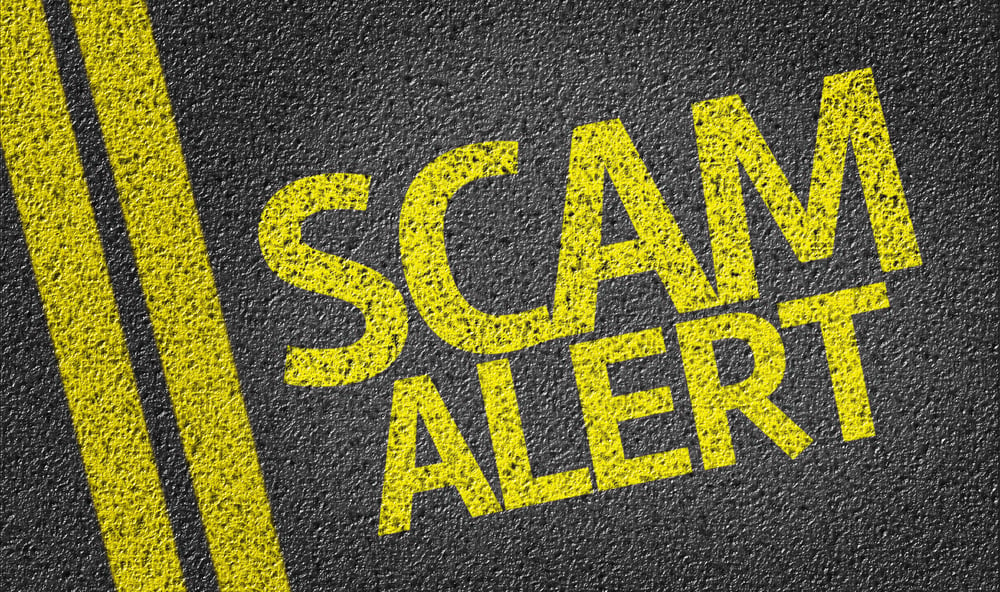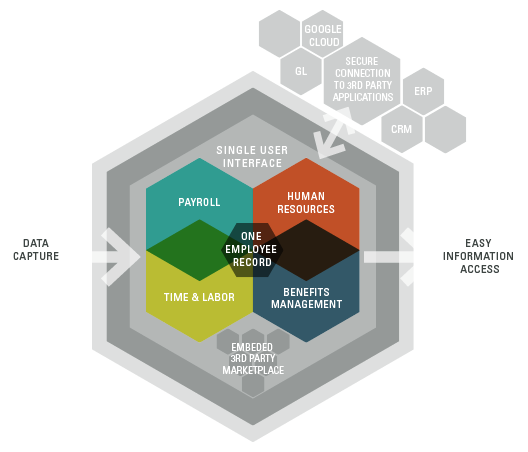3 min read
PEO vs. Payroll Service
When it comes to managing your business’s HR and payroll needs, it’s essential to understand the different options available. Two popular choices are...

Is your company still clinging to the outdated practice of paper checks? Businesses should consider joining the growing number of organizations embracing the efficiency and security of electronic pay options. Not only will you streamline your payroll process, but you'll also empower your employees, contribute to a greener planet, and work towards stronger compliance with payroll regulations.
There are various types of paperless payroll processes, as well as various benefits by moving to a digital process when it comes to running payroll.
Payroll managers should understand the following advantages of paperless payroll:
One of the most important things that every payroll manager should know is that there are two primary methods of paying employees in a paperless fashion. Employers can opt to either use direct deposit or paycards. Some employers may even opt to make both options available to employees.
Consider ensuring that these options are available when thinking about how to choose a payroll company.
This is the most popular choice, where funds are electronically deposited directly into your employee's bank account on payday. It's convenient, secure, and eliminates the need for paper checks (ABA Banking Journal) (Nacha).
For employees who may not have easy access to a traditional bank account, paycards offer a secure alternative.
These prepaid cards function similarly to debit cards, allowing employees to access their wages electronically and make purchases or withdraw cash at ATMs (Nacha).
It is important when selecting a payroll company that you ensure their payroll software offers both direct deposit, as well as the option for paycards. Earned wage access is also a great addition.
The Electronic Funds Transfer Act (EFTA), also known as Regulation E, allows employers to require direct deposit, but with some key requirements:
It's important to note that some states have their own regulations regarding electronic pay. These regulations can vary, so it's always best to check your state's Department of Labor website or consult with a human resources professional for the specifics in your area.
Paperless payroll options have a great and positive impact on the employee experience at an organization.
Benefits of electronic pay and the self-service options that come along with it include:
Modernizing your payroll system with electronic pay and self-service portals offers a wealth of benefits for your business and your employees, and when comparing a PEO to a payroll service, it often feels like the right choice. It's a win for everyone – greater convenience, increased security, environmental responsibility, and a happier workforce.
Ready to ditch the paper and embrace the future?
Start searching for a payroll company that can help you implement these modern payroll solutions seamlessly today! Contact us today for a free consultation and learn how we can streamline your payroll process!

3 min read
When it comes to managing your business’s HR and payroll needs, it’s essential to understand the different options available. Two popular choices are...

2 min read
In this digital age, businesses face a growing threat known as employee spoofing, where malicious individuals compromise employee information to...

1 min read
To ensure the proper payroll and Human Resources (HR) system is in place for your organization, you first need to evaluate both your business needs...